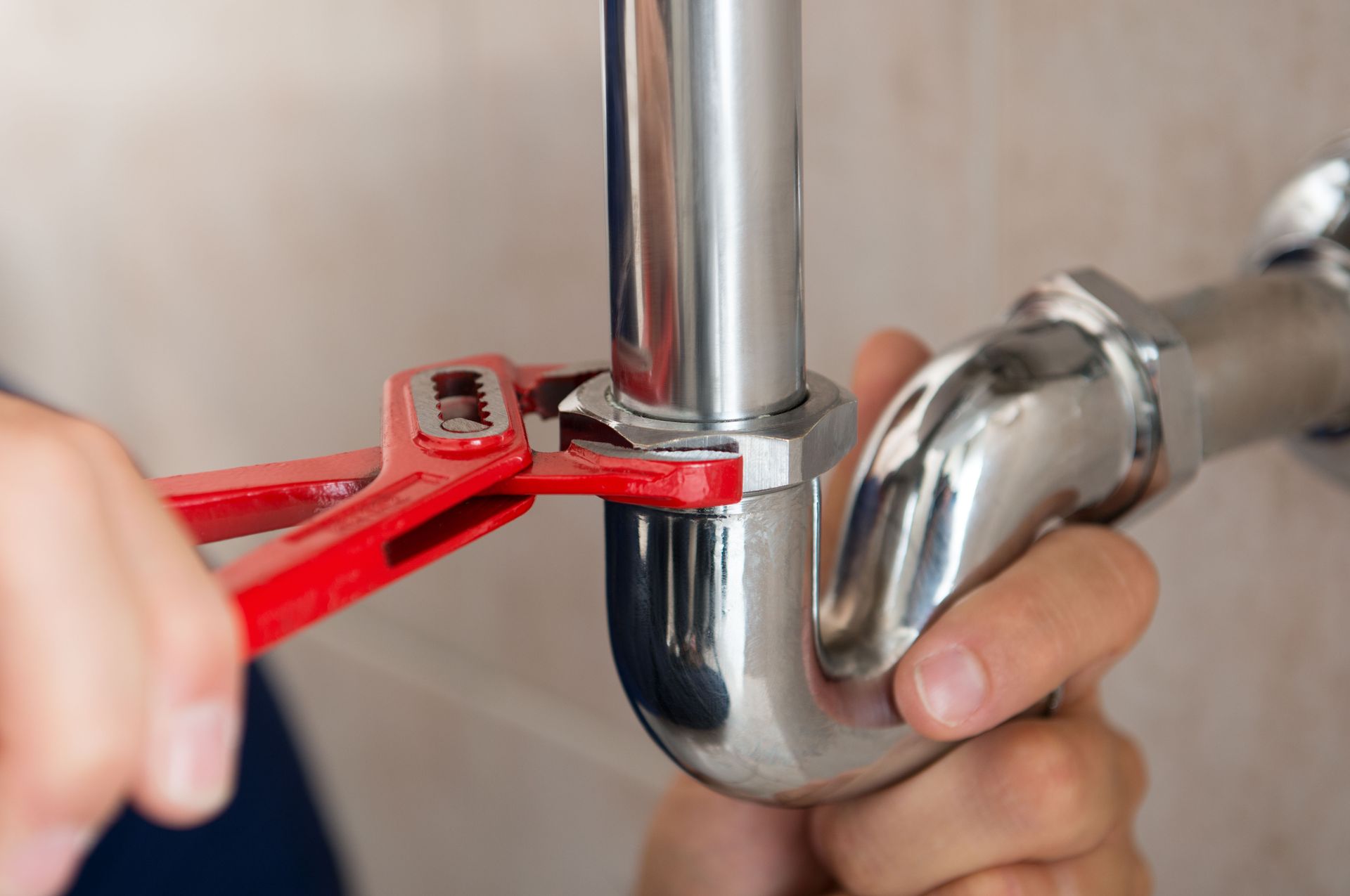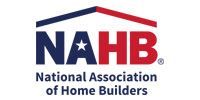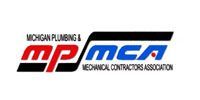What Is Backflow Testing and Why Does It Matter?
In the realm of water safety and plumbing, backflow testing is a critical component that ensures the safety and cleanliness of our water supply. Backflow occurs when the normal direction of water flow is reversed, potentially allowing contaminants to enter clean water supplies. This seemingly small issue can lead to significant health hazards if not adequately managed. Understanding how testing works and its importance is essential for both homeowners and business owners who are responsible for maintaining their plumbing systems.
What is Backflow?
Backflow can cause a variety of issues, primarily because it allows wastewater to seep into clean water supplies, thus posing serious health risks. According to the Arkansas Department of Health, backflow means the reversal of water flow from its normal or intended direction of flow. This reversal can occur due to changes in pressure within the system, such as when there is a burst water main or a failure in the supply system. Such disruptions can force non-potable water, laden with contaminants, back into our clean water system, making backflow testing an essential protective measure.
What Does Testing Involve?
The principle of testing involves the use of backflow prevention devices that are regularly tested to ensure they’re functioning correctly. These devices are installed at strategic points in the water system to avert contamination from the start. By scheduling regular backflow tests, property owners can ensure that these devices effectively prevent contaminants from entering the potable water supply. Failing to carry out such tests could lead to health violations and the potential for widespread waterborne diseases, underlining the public health importance of this practice.
Is Testing Required?
Indeed, municipalities and health agencies often mandate regular backflow testing as part of their water safety regulations. Ensuring compliance with these regulations is not just about adhering to the law; it’s about protecting the community by safeguarding water quality. Non-compliance could lead to legal repercussions, fines, and most importantly, endanger the health of residents. Therefore, consistent testing is not just regulatory adherence but a proactive step toward maintaining a safe living environment.
Understanding the mechanisms of backflow and the necessity of regular testing is vital for ensuring clean water access. By prioritizing backflow testing, individuals and communities alike can support better health outcomes and avoid unnecessary health risks. Ultimately, this proactive approach to managing water quality not only meets regulatory compliance but also secures peace of mind for all who rely on safe, potable water.
Protect your home or business from potential water contamination and schedule your backflow testing with Miles Plumbing & Heating today. Our expert team ensures your system stays compliant, safe, and up to code for total peace of mind.





Share On: